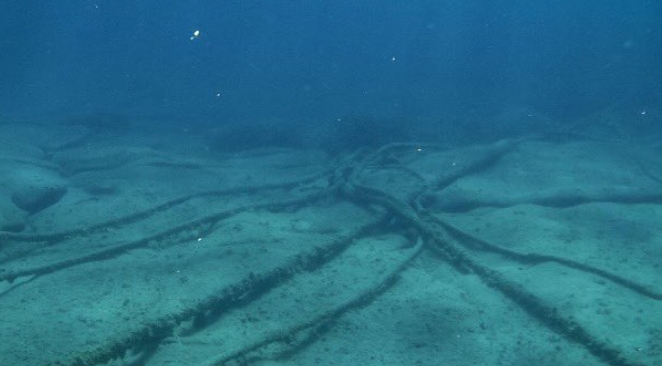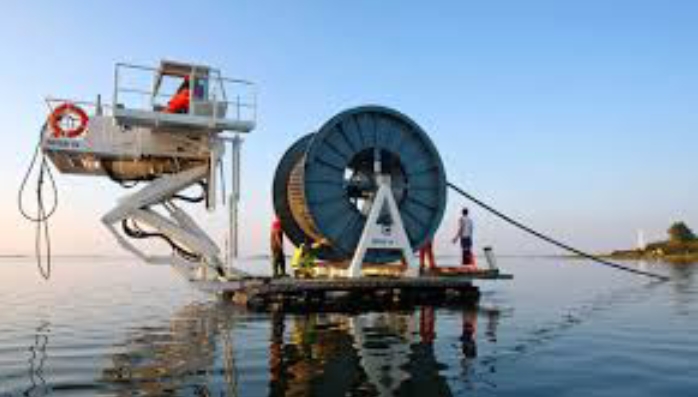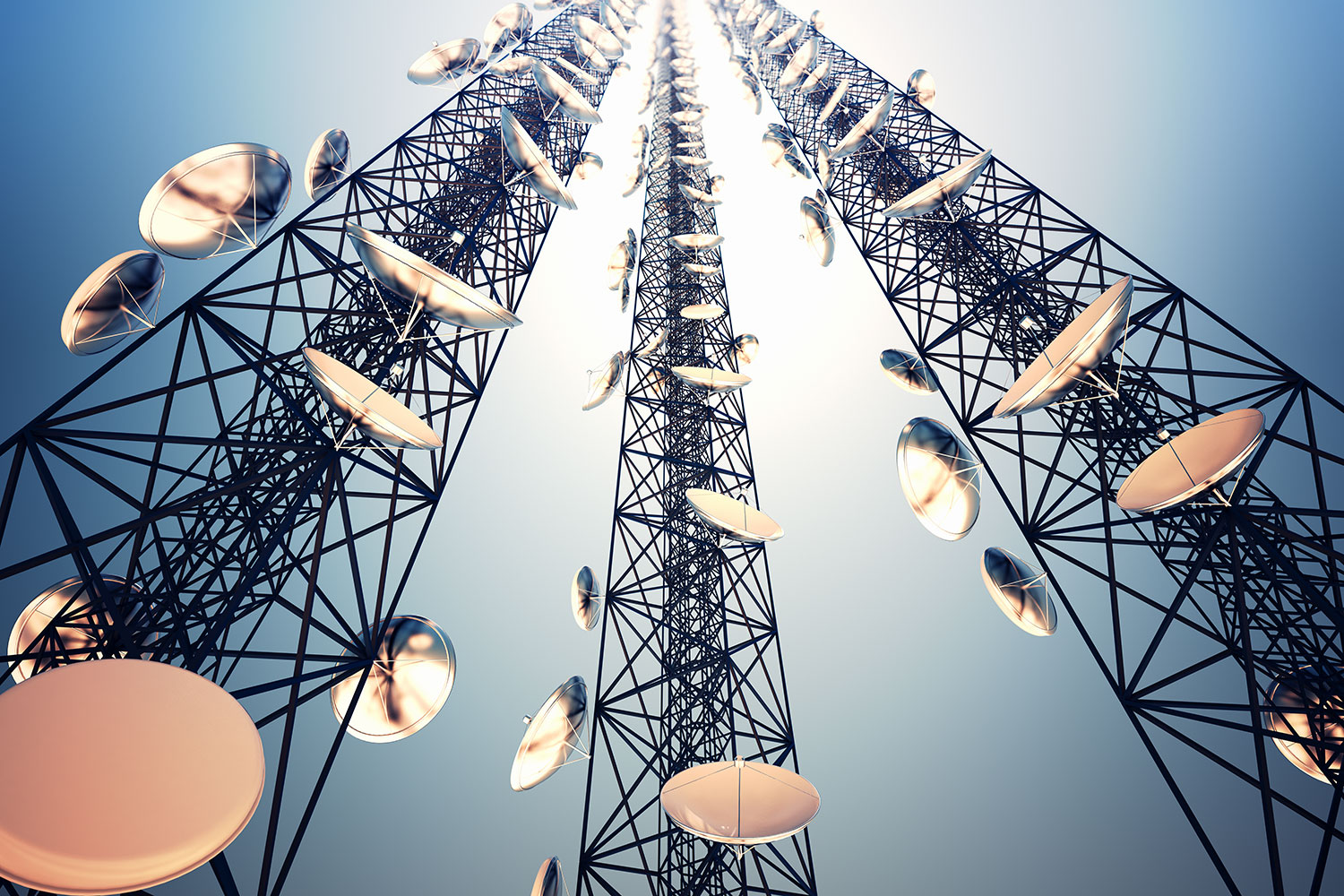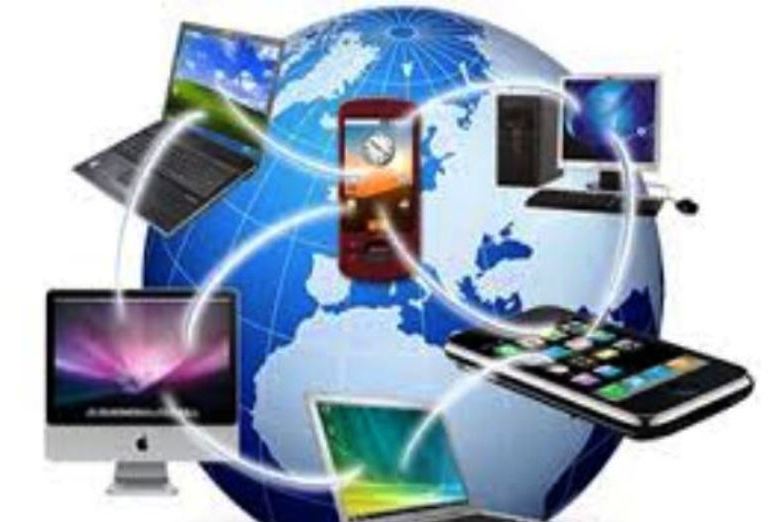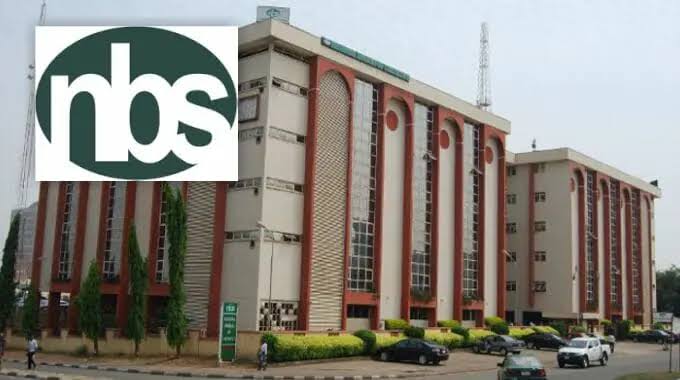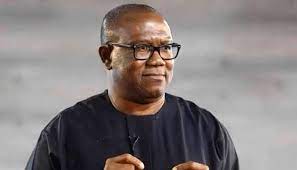A new World Bank report has revealed that Internet connectivity is most expensive in Africa and that the global digital landscape remains uneven and is becoming synonymous with a development divide.
This is contained in a statement issued by the World Bank on its new “Digital Progress and Trends Report 2023″ on Tuesday.
The statement said the report tracked global progress of digitalisation and countries’ production and use of digital technologies, from digital jobs, digital services exports, and app development to internet use, affordability, quality, and more.
It said that the COVID-19 pandemic brought about unprecedented acceleration of digital transformation across the globe, with spikes in data traffic, app usage, IT sector growth, digital business resilience, and much more.
It noted that all countries saw a significant uptick in digital adoption.
It, however, said that the gains in low-income countries were not enough to keep the gap with high-income countries from growing or to close the digital divide within their borders.
”In low-income countries, only one in four people are able to access the internet.
“Gaps in internet speed, data traffic, and digital use are hampering digital gains for individuals and firms in low- and middle-income countries.
“The use of digital technologies during the pandemic, led to a surge in data traffic, driven by video streaming,” it said.
The statement added that the average mobile broadband traffic per capita in richer countries surpassed that in low-income countries 20 times more, and fixed broadband traffic by more than 1,700 times.
It said in 2023, median fixed and mobile broadband speeds were five to 10 times faster in high-income countries than in low-income countries.
“Still, prices remained much higher for the poor, with the median fixed broadband prices in low-income countries accounting for one-third of monthly income in 2022.
”Even the cheapest smartphone accounts for more than 14 per cent of annual income for persons living on less than two dollars a day.
“Today, connectivity is most expensive in Africa, while uptake of digital financial services is lowest in the Middle East and North Africa region.”
The report, according to the statement, discovered that where digitalisation takes off, it drives economic growth, employment, and resilience.
It said the information technology (IT) services sector grew nearly twice as fast as the global economy between 2000 and 2022.
”Over the same period, employment in digital services grew seven per cent annually, six times higher than total employment growth.
”During the COVID-19 pandemic, businesses that had invested in digital solutions only lost half the level of sales relative to non-digitally enabled firms.”
It said: “Two clear trends have emerged that are shaping our digital future: the importance of digital public infrastructure and the transformative emergence of artificial intelligence.”
It said the report highlighted two clear emerging trends that were reshaping the global digital future.
”First, the importance of digital public infrastructure and second, the transformative emergence of artificial intelligence.”
The statement quoted Axel van Trotsenburg, Senior Managing Director, World Bank, as saying “digitalisation is the transformational opportunity of our time, but only for those who are connected.
“Without access to the internet and the skills to use digital technologies effectively, you are essentially locked out of the modern world.”
Trotsenburg said that the critical services that supported development like hospitals, schools, energy infrastructure, and agriculture, all ran on connectivity and data.
“The infrastructure and platforms that underpin these connections must be available, affordable, and safe for developing countries to flourish,” he said.
It also quoted Guangzhe Chen, Vice-President for Infrastructure, World Bank.
He said: “Closely measuring digital progress at the country, regional, and global level will help policymakers and the private sector direct their efforts towards the most critical areas for narrowing the digital divide.
”To achieve the transformative potential of digital technologies, the global community needs to redouble efforts to help developing countries catch up and accelerate digital adoption and ensure that everyone is included.”
The statement said the report would be updated annually to track the incredible pace of today’s digital transformation.
”The report will provide policymakers and practitioners with a global benchmark against which to measure the speed of change, identify trends to build upon and bottlenecks to overcome.
“Also to reap the benefits of digital transformation in a new development era,” it said.
